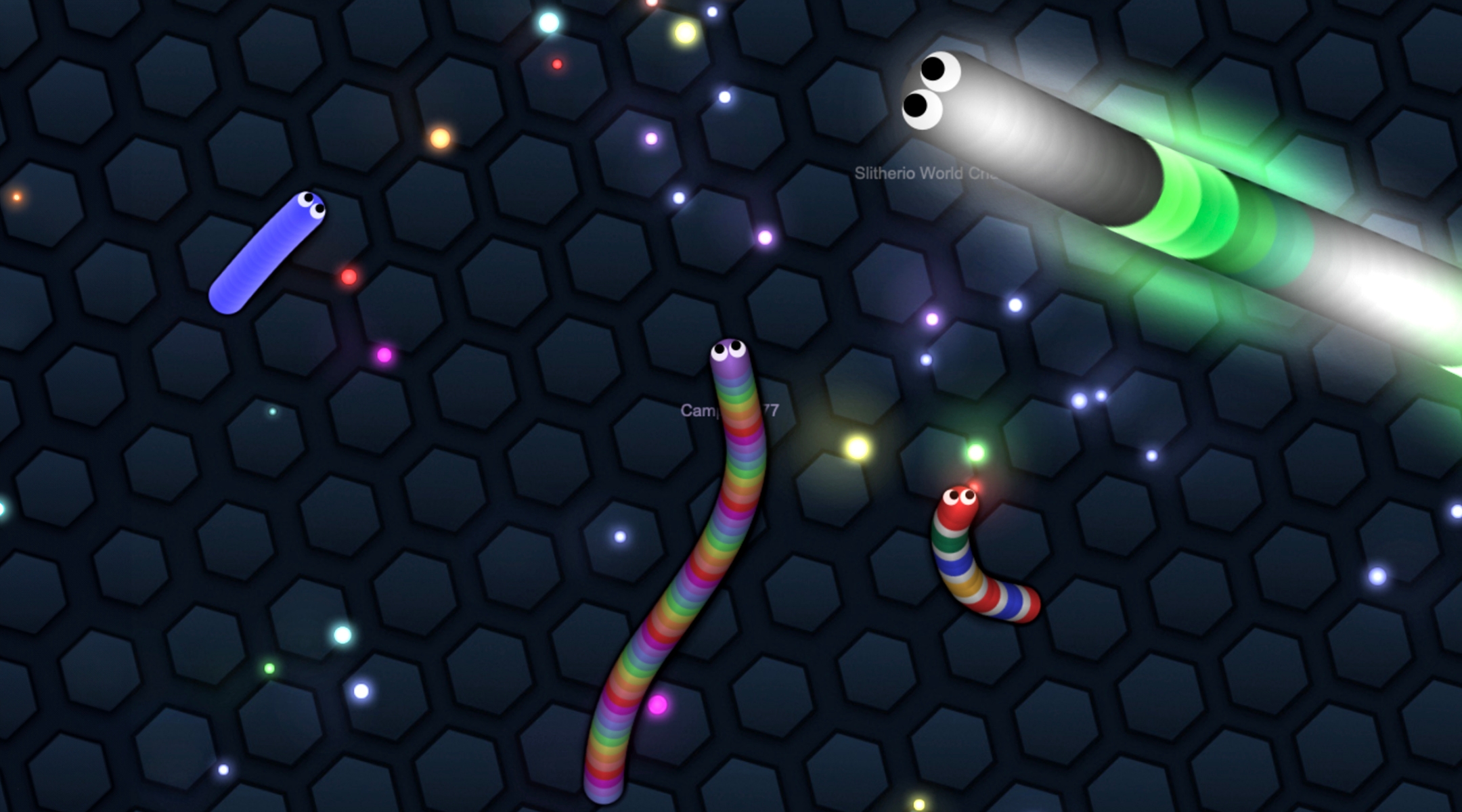This article was produced as part of (JR)’s Teen Journalism Fellowship, a program that works with Jewish teens around the world to report on issues that affect their lives.
It’s been a year since I stopped playing the popular online video game Slither.io with my cousins. We had bonded while competing against each other but it got too uncomfortable after we noticed the game was littered with antisemitic usernames, including “Jewish scums,” “JEWISH SCUMBAGS” and “Zionist Murderers,” an issue I wrote about for (JR).
Business ethicists, including Philip M. Nichols and Chuck Gallagher, and First Amendment expert Eugene Volokh, told me that the issue was unfortunate, but there wasn’t a lot that could be done. Volokh explained that, legally, Slither.io had no obligation to remove hateful usernames.
“There is no ‘hate speech’ exception to the First Amendment,” Volokh, Gary T. Schwartz Distinguished Professor of Law at UCLA, told me in my previous article. “Whether the company should — as a matter of its own judgments rather than the law — try to ban antisemitic usernames is a different issue, which I leave to others.”
I wanted to hear Slither.io’s side of things. Why weren’t they doing the right thing and moderating usernames? Over the 12 weeks it took me to report the story, I reached out to the company twice. I wasn’t surprised that I never heard back. Why would a company with 500 million downloads take the time to respond to a teen journalist? Before publication, I gave Slither.io one more chance to respond. Nothing showed up in my inbox so the story went live.
Imagine my surprise when 10 months after my original email to the company, the creator of the game, Steven Howse, popped up in my inbox.
“Hi James,” Howse wrote. He explained that he already had a word filter for the game, but some people were able to get around it.
“It made it very easy for bad people to get around the filter through trial and error and find just the right creative combination of letters and wording that would bypass the filter,” he wrote. “I fixed the glitch that enabled this extension to work, so it is much harder for anyone to determine if they are being censored anymore or to come up with new combinations to bypass the filter.
“I have blocked the bad names you mentioned in your article, along with many other variations.”
His response thrilled me. My cousins and I could spend time together again playing Slither.io, without encountering hate speech.
Bailey Taylor, my 11-year-old cousin. is eager to start playing again.
“I’m really happy about the changes because it makes it a safer environment for me to be playing,” Taylor said. “I don’t have to worry about the things that I see.” (My aunt asked that (JR) identify her daughter by her middle name, fearing her safety due to increased antisemitism since Oct. 7.)
To confirm the changes, I typed in one of the offensive usernames I had seen, “Beheading Baby Jews :),” as my name on Slither.io. My brother entered the game on his iPad, and we found each other’s characters. He reported back to me that my username showed up as “Defending Baby Jews.” Indeed, the changes to the algorithm had worked.
I reached out to Daniel Kelley at the Anti-Defamation League’s Center for Technology and Society, to see what he thought about the improvement. He said that game designers need to constantly update their code to keep up with new terminology.
“It is good to see another game developer taking some basic steps to prevent their online game from contributing to the proliferation of antisemitism,” Kelley said. “That said, this work needs to be ongoing versus a one-time attempt.”
Kelley said he did his own quick test of Slither, with some disappointing results.
“If you use the avatar ‘Kill the Jews’ it does not appear next to your character. However, if you use the username ‘holohoax88,’ it does appear next to your character. ‘Holohoax’ is a term often used online by Holocaust deniers to minimize and trivialize the Holocaust,” he said. “Game developers should try to be as robust as possible in creating safeguards in their games against antisemitism.”
Keep Jewish Stories in Focus.
(JR) has documented Jewish history in real-time for over a century. Keep our journalism strong by joining us in supporting independent, award-winning reporting.




